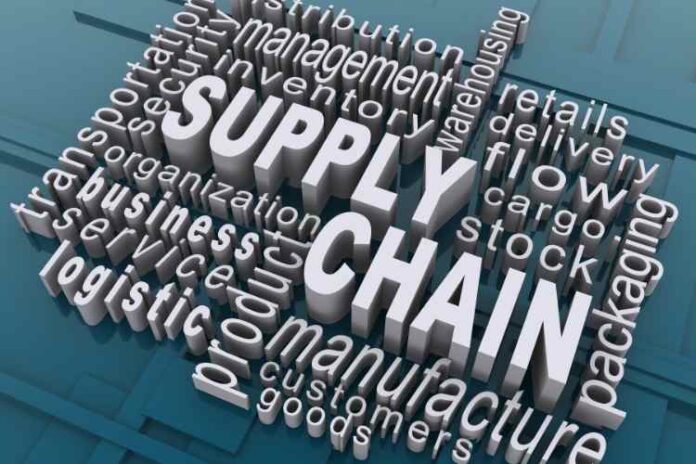The wool industry is one of the world’s oldest and most important industries, providing a range of essential products such as clothing, carpets, and blankets. With the increasing demand for transparency and sustainability in supply chains, it has become essential for companies in the wool industry to obtain supply chain licenses, such as the Woolmark supply chain license. In this article, you will learn what supply chain licenses are and why they matter in the wool industry.
What is a Supply Chain License?
A supply chain license is a certification that verifies that a company’s supply chain adheres to certain standards, regulations, and best practices. A supply chain license aims to ensure that all parties involved in the supply chain operate ethically, sustainably, and transparently. A supply chain license can cover a range of areas, such as labour practices, environmental impact, and product safety. By obtaining a supply chain license, companies can demonstrate their commitment to responsible business practices and assure their customers that their products are ethically sourced.
The Importance of Supply Chain Licenses in the Wool Industry
The wool industry is facing increasing pressure from consumers, regulators, and advocacy groups to improve transparency and sustainability in their supply chains. The wool supply chain is often complex, with wool being sourced from multiple producers and processed by various intermediaries before reaching the final consumer. As a result, it can be challenging for companies to ensure that their products are ethically sourced and meet the required standards.
Supply chain licenses can help companies in the wool industry address these challenges by providing a clear framework for responsible business practices. For example, a supply chain license may require companies to verify that their wool is sourced from farms that follow sustainable and humane animal husbandry practices. It may also require companies to conduct regular audits of their supply chain to ensure that labour standards are being upheld and environmental impact is minimized.
By obtaining a supply chain license, companies can demonstrate their commitment to responsible business practices and differentiate themselves from competitors. This can be particularly important in the wool industry, where consumers are becoming increasingly conscious of the environmental and social impact of the products they purchase. Companies that can demonstrate that their wool products are sustainably sourced and produced ethically are more likely to attract and retain customers who value these attributes.
The Benefits of Supply Chain Licenses
In addition to assuring customers and stakeholders, supply chain licenses can offer a range of other benefits to companies in the wool industry. These benefits include:
Improved Risk Management: By obtaining a supply chain license, companies can identify and mitigate potential risks in their supply chain, such as labour abuses or environmental violations. This can help to prevent costly legal or reputational damage down the line.
Increased Efficiency: Supply chain licenses often require companies to implement best practices and streamline their operations, which can lead to increased efficiency and cost savings.
Access to New Markets: Some retailers and consumers require suppliers to have a supply chain license before they will do business with them. By obtaining a supply chain license, companies can expand their customer base and access new markets.
Enhanced Reputation: Companies that obtain a supply chain license can benefit from enhanced reputation and brand recognition. This can help to build trust with customers and stakeholders and create a competitive advantage in the market.
The wool industry is facing increasing pressure to improve transparency and sustainability in its supply chain. Licenses such as the Woolmark supply chain license can help companies in the wool industry address these challenges by providing a clear framework for responsible business practices. By obtaining a supply chain license, companies can demonstrate their commitment to sustainability and ethical business practices, improve risk management, increase efficiency, access new markets, and enhance their reputation.
